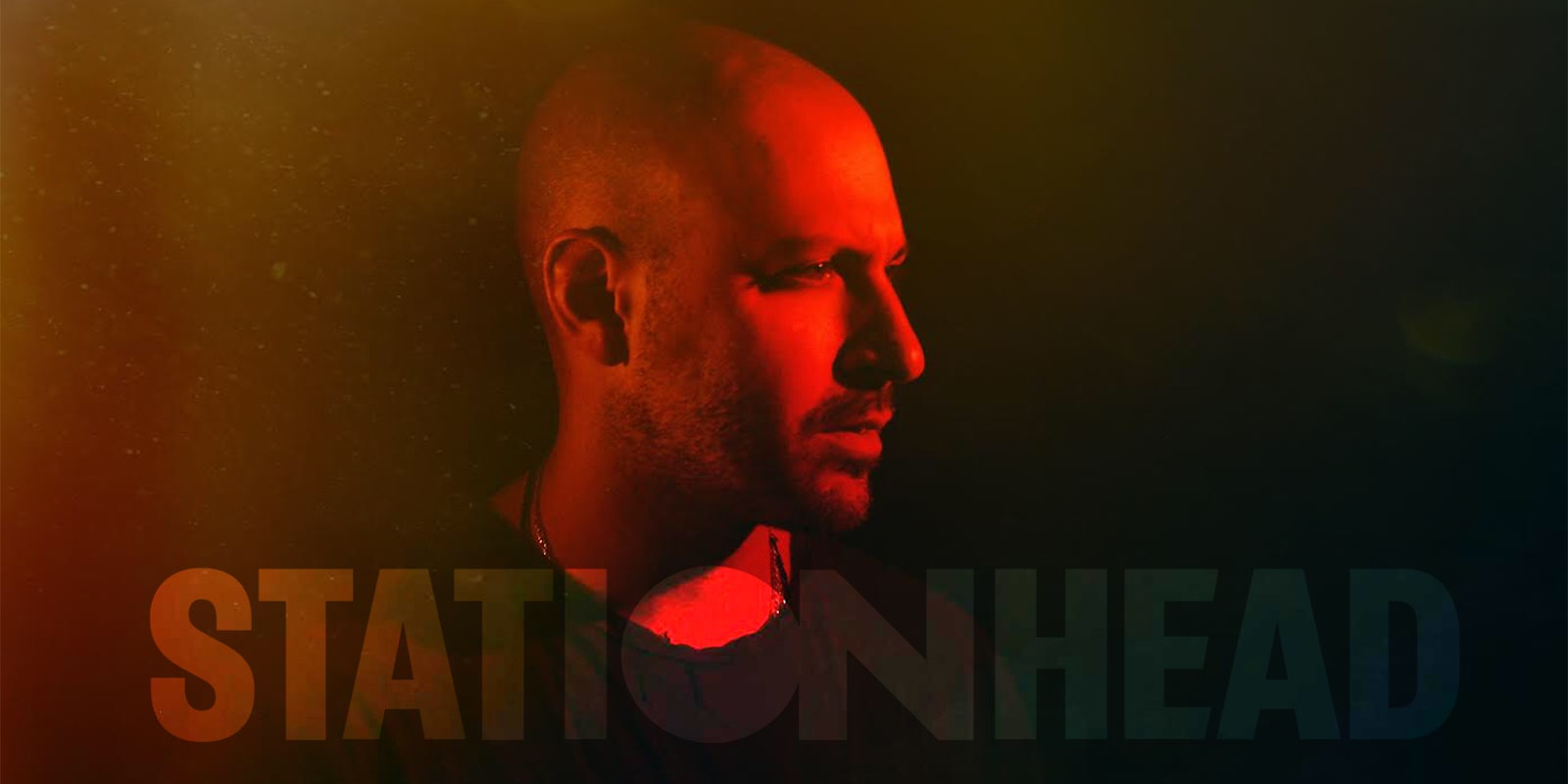
This story was originally published on Passionfruit.
We’re sitting down with leaders on the business side of the creator economy to get their best advice for creators looking to launch and develop their careers. This week, we spoke with Ryan Star, the CEO and founder of live audio app Stationhead.
Stationhead is an app that allows users—including musicians, fans, and a variety of creators—to host live radio shows. On the app, show hosts can chat with and call-in fans, receive tips, and play music which counts towards streams on Spotify and Apple Music.
Today, Stationhead announced a fundraising round which brought in over $16 million in investment to grow and improve its platform.
We spoke with Star about the founding of Stationhead; how the app is gearing itself towards creators; how fandom-creators, celebrities, and other influencers are making use of the app; its global appeal; and forming deeper connections beyond one-way content creation.
In 1995, a young up-and-coming musician, known as Ryan Star, entered a song-writing contest hosted by radio station Z100 with his high school rock band, Stage. Star and his bandmates won and were lucky enough to receive a huge prize: opening a concert for rock legend Bon Jovi. After he won the contest, Star said he was “discovered”—his song was played on the radio, and he was soon signed by the one-and-only Madonna’s Maverick Records.
“The idea there was some gatekeeper, right, took a shot on my band,” Star told Passionfruit in an interview. “That’s just how it was back then, someone took a shot on you.”
Star was able to build out an impressive music career, breaking hit songs and writing for radio and television. However, as time passed, Star said he felt the radio format he knew and loved was no longer keeping up with a world where kids dream of becoming YouTube creators, Twitch streamers, and Instagram stars.


